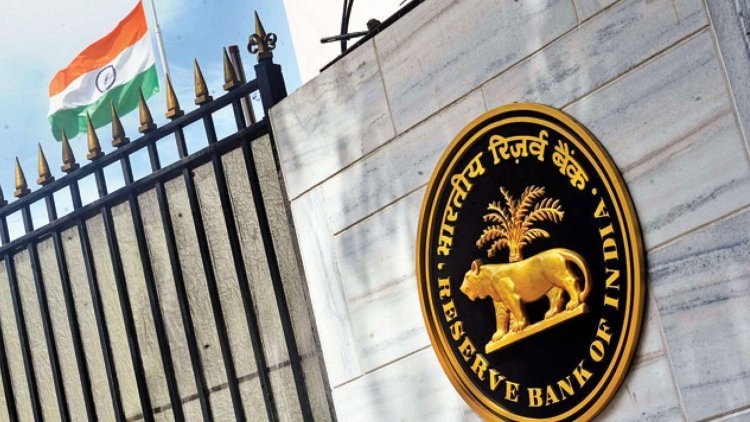RBI may increase the repo rate to 6.00 percent, although analysts say the rate may slow
The third rise in the current cycle, the RBI's monetary policy committee (MPC) increased the repo rate by 50 basis points on Friday in an effort to lower the stubbornly high inflation that has been above its tolerance zone for six months running.

By the end of 2022, the Reserve Bank of India will probably boost its benchmark interest rate by up to 60 basis points before halting. However, analysts predict that the rate increases would become less frequent.
"We continue to believe that a 6 percent terminal policy rate is appropriate. Before the MPC shifts into an extended pause due to growth worries and the cumulative rate hikes already delivered, we anticipate a 35 bps hike at the upcoming meeting in September and a final 25 bps boost in December "Sonal Varma, an economist at Nomura, stated in a note.
The third rise in the current cycle, the RBI's monetary policy committee (MPC) increased the repo rate by 50 basis points on Friday in an effort to lower the stubbornly high inflation that has been above its tolerance zone for six months running.
Since the RBI began its cycle of rate increases in May through an unplanned meeting, the repo rate has increased by a total of 140 basis points. Both a September meeting and a December meeting are planned.
Kotak Mahindra Bank predicted that the repo rate will be increased to 5.75 percent to 6.00 percent and that the RBI would keep raising interest rates as a last line of defence for the stability of the rupee and against high inflation.
The Indian rupee has lost value versus the US dollar by 6.9% so far in 2022, reaching a record low of 80.0650 in July.
The RBI reaffirmed its 6.7 percent retail inflation prediction for the current fiscal year, while Governor Shaktikanta Das expressed concerns over excessive inflation.
Although the annualised inflation rate declined to 7.01 percent in June from a high of 7.79 percent in April—an eight-year high—it is anticipated to be above the central bank's tolerance range of 6.00 percent for the majority of the fiscal year. On Friday, the data for July are expected.
In light of the slowing global economy and the subsequent weaker pace of policy tightening, Yes Bank predicted a 25 bps rate increase at each of the upcoming two meetings.




 admin
admin 




















